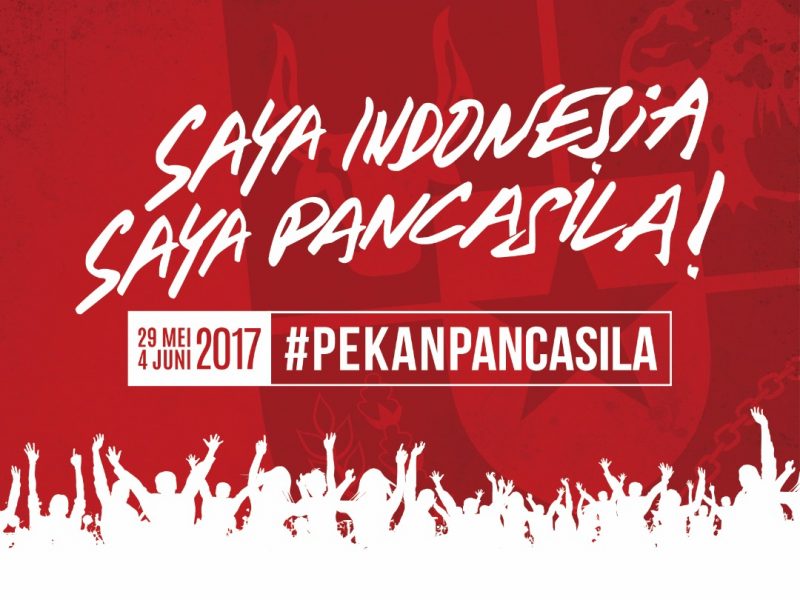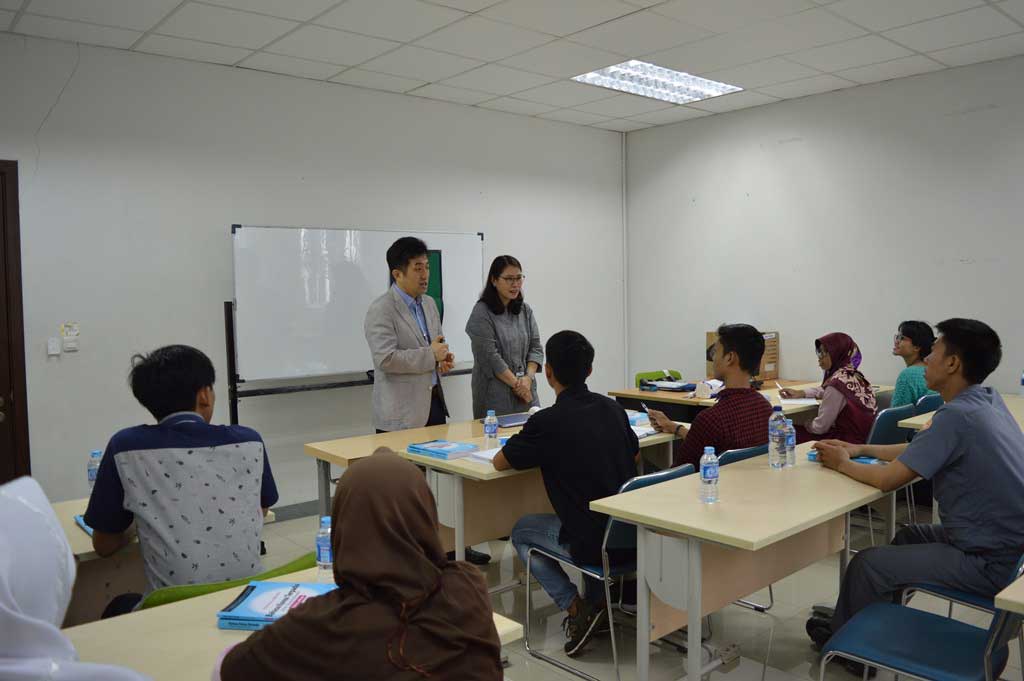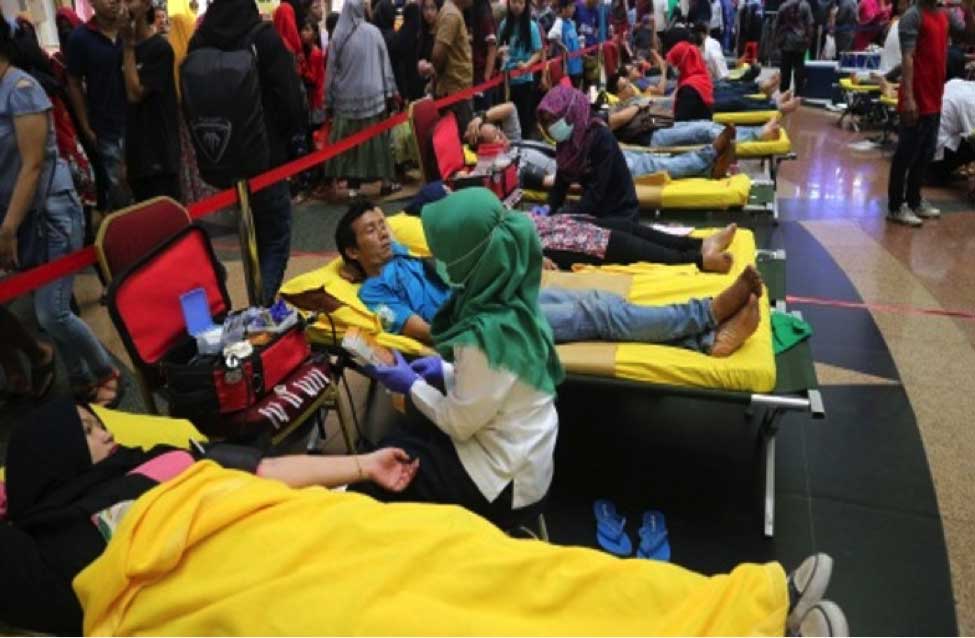By: Wimpi Handoko – Branding & Communication Stategy Expert of Fortune PR
Pancasila, the five principles of Indonesia as a nation: Ketuhanan Yang Maha Esa (A divinity that is an ultimate unity); Kemanusian Yang Adil dan Beradab (A just and civilized humanity); Persatuan Indonesia (The national unity of Indonesia); Kerakyatan Yang Dipimpin oleh Hikmat Kebijaksanaan, dalamPermusyawaratan Perwakilan (Democracy predicated on the inherent wisdom of unanimity arising from deliberation among popular representatives.); Keadilan Sosial bagi seluruh Rakyat Indonesia (Social justice for all Indonesians)
Look back into Indonesia’s turbulent political history. Post independence, Indonesia’s communist party rebelled against the newly formed Indonesian government in 1948 from the city of Madiun, East Java. It was only when the people with the support of Indonesia’s armed forces pledging their loyalty to the national philosophy of Pancasila and constitution of UUD’45, that the rebellion was crushed. From 1949 to 1957, the House of Islam with its Islamic Armed Forces of Indonesia (DI/TII) conducted a nation wide rebellion against the government of President Sukarno. The people and Indonesia’s armed forces decided again that the best way forward for the young nation was going back to Indonesia’s pledge to Pancasila and the constitution of 1945 that finally prevailed when it disestablished the movement in 1962.
In 1958, only two years after Indonesia’s first parliamentary election in 1956, another rebellion against Indonesia’s central government took place from two places at once, North Sulawesi and South Sumatera by the so-called CIA-backed PRRI-Permesta. Again, the people and Indonesia’s armed forces pledge their loyalty to Pancasila and the constitution to crush the rebellion. Indonesia’s communist party (PKI) again was lured into another rebellion in 1965 that somehow created the so-called coup d’état that failed but managed to replace Sukarno with Suharto as the new president and made the nation to return its pledge to Pancasila as the nation philosophy and UUD’45 as its constitution. During his presidency, Suharto made it his lifetime pledge to defend Pancasila and the constitution of 1945 and that any rebellion against his government was a rebellion against Pancasila and the constitution. Then it was the world economic meltdown of 1997-1998 that finally replaced Suharto in a reform movement that re-introduce democracy in Indonesia. Pancasila again remained the one and only nation’s philosophy while the 1945 constitution was amended to make sure that democracy stays.
In 2017, Jakarta gubernatorial election campaign was seen as the most intolerant, ethnical and religiously racial political campaign the country has ever seen. While the tension was felt mostly within the capital city, the rest of the nation was kept in suspense as news spread across the country creating mixed apprehension as the country prepares itself for further local election as well as the 2019 general election. It became clear that the gubernatorial campaign was an issue between choosing a nation of tolerance or succumbed to religious fanaticism. The nation saw it as another test to the strength and resilience of the nation’s unity in diversity that it has endured for more than 70 years.
“I am Indonesian, I am Pancasila” (Saya Indonesia, Saya Pancasila), is a slogan that came out amidst the aftermath rumble of the Jakarta election to commemorate the birth of Pancasila of 4th. June 1945. It is a simple statement that was graphically set with the background of the red and white colors of the country. It was seen first as a visual identity on Facebook accounts, then it was on t-shirts, social media greetings, street banners and civil society community engagement theme. The slogan and logo grew in awareness as well as popularity. It sparked a movement spearheaded by the government for each Indonesians to reflect and review their pledge of loyalty to Indonesia’s Pancasila and a challenge to the nation as to how far are it is willing to defend it.
In terms of communication discipline and practice, the slogan campaign can be viewed as one of many successful social campaigns that had all the right ingredients to become one.
- Picking up the immediate issue that is relevant to the nation’s interest.
- Perfect launch timing, not becoming an incendiary of an already volatile situation but becoming the remedy for those looking for something to hold on to and a powerful stopper for those who are being lured into the opposition.
- Focusing on a very critical national issue.
- A powerful and truthful statement slogan that strengthened the pledge for every Indonesians with a challenge that once you pledge loyalty as Indonesian, you also pledge your loyalty to Pancasila.
- Powerful and historically truthful message platform that Indonesians will not deny.
- Building the campaign from the ground up creating public ownership.
- A simple campaign with a single message and visual platform that can be used anywhere, in any format and occasions.
All in all, “Saya Indonesia, Saya Pancasila” is an effective, peaceful deterrent to rebellious intent from those who promote rebellious intentions. So far it has helped the central government in creating a revitalization of previous national counseling program on the comprehension and implementation of Pancasila. Again, Pancasila has come through the test of time.
Other countries may have their own philosophy as a national bonding element or having cultural cohesiveness that reflect a national identity or simply a common objective that drives a nation forward in unity. Indonesia for more than 70 years has proven the sanctity of Pancasila and its people have always turn to it when looking for answers or something to hold to it answers in time of national distress.










Leave a Reply